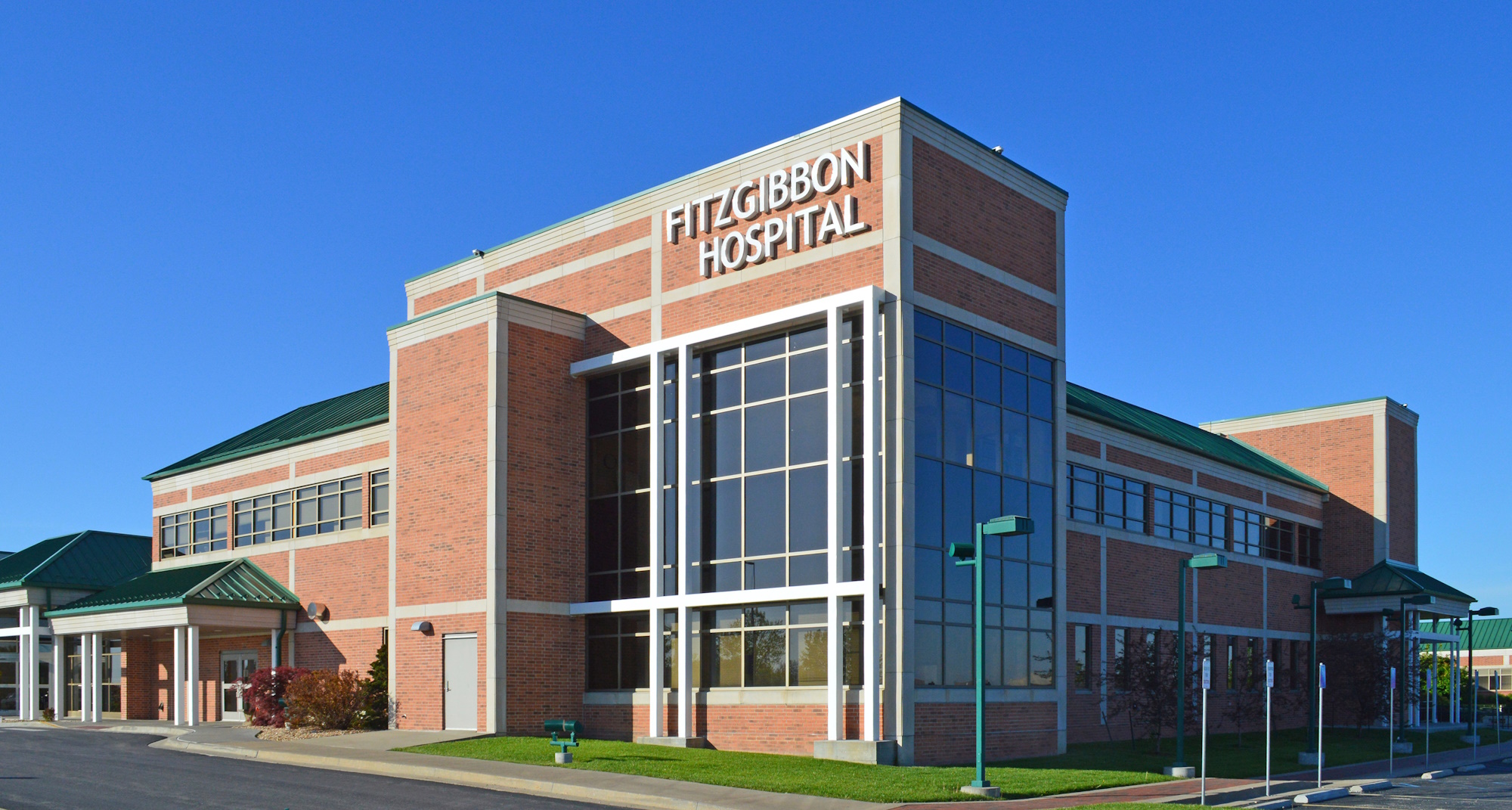Rapid COVID-19 Testing Now Available at Fitzgibbon Affiliated Clinics
March 10, 2021
Fitzgibbon Hospital has successfully deployed COVID-19 rapid antigen testing stations to Grand River Medical Clinic in Brunswick, Akeman-McBurney Medical Clinic in Slater, Fitzgibbon Family Health in Fayette and Marshall Family Practice in Marshall. Availability for this rapid test at each of these rural health clinics means residents can find out if they are positive or negative for the COVID-19 virus within hours rather than days.
This new functionality means access to testing also is closer to their homes, which will mean less exposure to others in the event their test comes back as positive. As rapid testing is more often used in our community-based clinics, the numbers present to the hospital for COVID-19 testing will be reduced.
When the pandemic was announced on March 13, 2020, Fitzgibbon Hospital implemented its Incident Command Center, bringing together a cross-functional team of individuals, and launched a testing strategy that would ultimately position the hospital to be a regional testing hub. Since the first nasal swab was administered on March 14, 2020, Fitzgibbon Hospital has provided more than 23,000 tests to residents from 74 Missouri counties and 32 states.
“The access to these rapid tests in our clinics is a great benefit to the residents in those communities. It means that they won’t need to travel, when they already may not be feeling well. It also means that their minds can be put at ease much faster when they fear the symptoms they are experiencing may be COVID-19 related,” said Heather Davis, Lab Manager at Fitzgibbon Hospital.
The Centers for Disease Control and Prevention still has clear definitions for when a person can be tested after an exposure and how long they should be in quarantine after they have been exposed. Individuals should not receive a COVID-19 test until at least 72 hours after a known exposure to the virus, as markers will not show up in the test until this time has passed. Additionally, receipt of a negative test after a known exposure does not mean that you cannot or will not develop the virus in the 14 days after a known exposure. The virus can take up to 14 days to progress to the symptomatic phase and/or when individuals may test positive.
“Rapid testing is another way we are able to provide patients with peace of mind. If you are symptomatic, this rapid antigen test is a very good screening test that is nearly as accurate at detecting the virus as the PCR test in the first five days of symptom onset,” said Davis. “If it returns a test as a positive, then you are positive. Individuals who have tested negative after waiting longer than 72 hours to be tested following a known exposure may still need to receive an additional type of test, known as the PCR (polymerase chain reaction) test, depending on the details of their exposure.”
Fitzgibbon Hospital has had great return from its reference lab partners since the beginning of the pandemic for PCR tests it conducted. Results have been returned, in most instances, within 48 hours. PCR tests are still considered to be the “gold standard” and have been the primary tool utilized by hospitals for testing of individuals, but the need for shipment of the specimen to a reference lab, plus the additional time it takes to process the specimen, means results can take some time. In the early days of testing, and at the pandemic’s height, some clinics were having to wait as long as 5 days to receive results for their patients.
The rapid antigen test at Fitzgibbon-affiliated clinics is currently provided for no out-of-pocket cost, though that could change if access to the testing kits change. To receive a COVID-19 rapid test, call a Fitzgibbon Hospital-affiliated clinic near you to make an appointment. In Slater, call the Akeman-McBurney Medical Clinic at (660)529-2251. In Brunswick, call the Grand River Medical Clinic at (660)548-3161. In Fayette, call Fitzgibbon Family Health at (660)248-2900 and in Marshall, call Marshall Family Practice at (660)886-7800.


